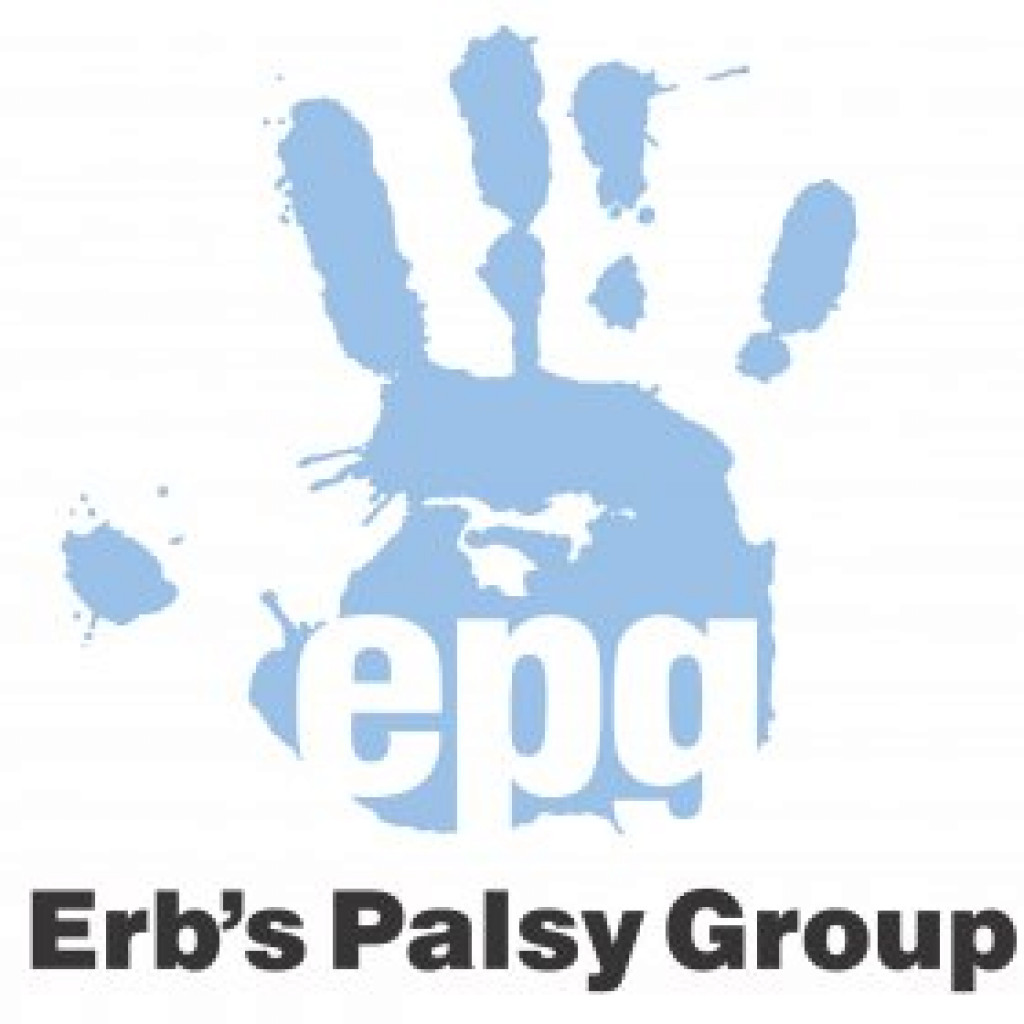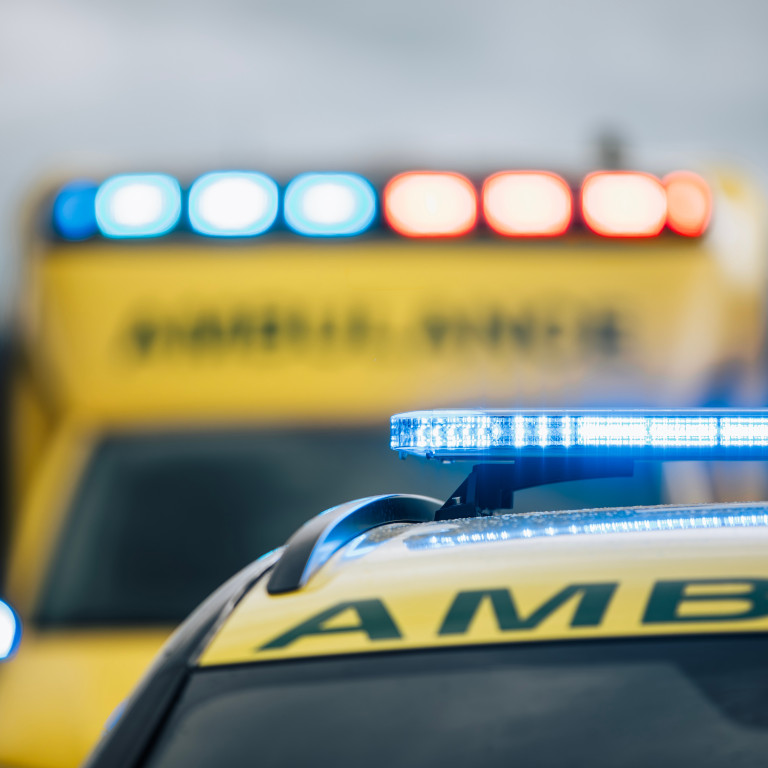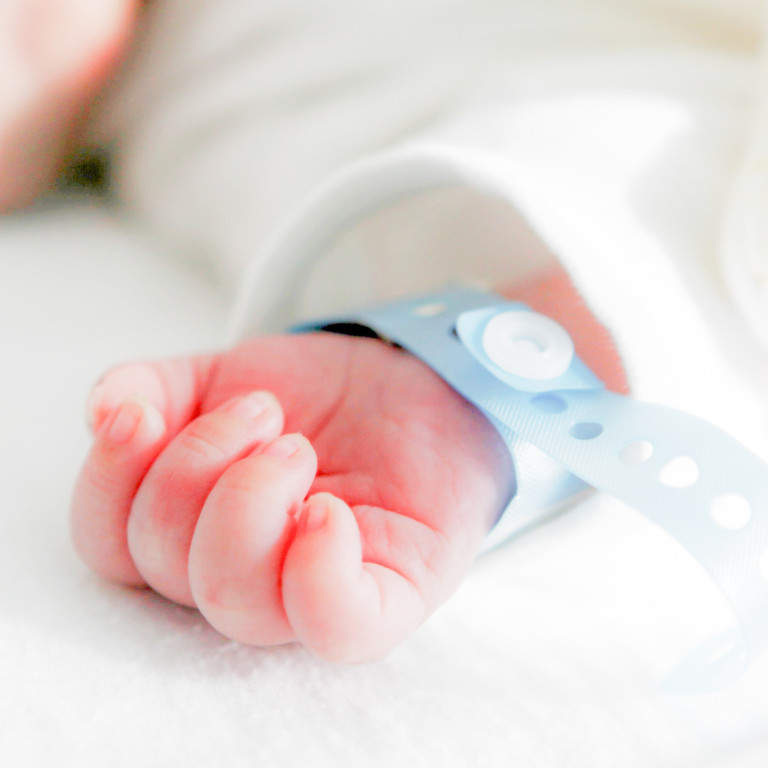For more information or advice, please do not hesitate to get in touch with our experienced team of medical negligence solicitors.
Not just a physical injury
In 1995 when Sarah (not her real name) was born, knowledge that a brachial plexus injury was preventable was slowly spreading.
During labour, after Sarah’s head was delivered, shoulder dystocia occurred, and Sarah’s left shoulder became trapped against her mother’s pubic bone. In the attempt to manage the obstruction, the registrar who dealt with this obstetric emergency pulled too hard on Sarah’s head. The force used damaged 4 of the 5 nerves in Sarah’s brachial plexus: C5, 6, 7 and C8.
The family immediately focused on Sarah’s treatment and recovery for the best outcome and by the time she was 6, Sarah had 2 surgical procedures to alleviate the consequences of the nerve damage to her left arm. She also had intensive physiotherapy.
Sarah became lost to follow up in the healthcare system for some years.
She remained severely limited in her range of movement and this impacted on her physical activities at home, at school and socially. Sarah had to ask for help with everyday activities that someone her age with full use of both arms would take for granted, unless she could work out a compensatory strategy to achieve the task.
In her teens, Sarah began to be bullied by a group of girls in her class, who targeted her because of the appearance of her arm. She was called names while at school and this continued online when she got home. The bullying was brought to the school’s attention but was not dealt with adequately to stop it altogether. Sarah did not want her mother to intervene further fearing that it would exacerbate the bullying. Her self-esteem suffered, and her academic progress began to be affected.
Sarah’s GCSE results belied her academic potential, but Sarah was determined to progress her education and chose the BTEC route, taking a little longer to access her degree course.
Meanwhile, her mother succeeded in getting her referred for follow up for her arm. Further surgery followed when Sarah was 18 and again when she was 20. Despite this, there was little improvement in her range of movement and function, she remained effectively one armed, her injured arm was more of a supporting limb which was painful and would cramp up without warning. Perversely, the nature of the nerve injury meant that the arm lacked sensation. This has led to Sarah burning her arm without realising it until much later on.
The surgery left Sarah with 5 long and obvious scars on her neck, her elbow, forearm, wrist and hand. She began to loathe her scars to the point that she wanted to attack them with sharp instruments. She stopped herself from carrying through her plans as she realised that she would only exacerbate the scarring and make herself feel worse. She hid the scars instead, covering up her arms even in summer.
A referral to a physiotherapist, when Sarah was 17, flagged up the fact that Sarah hated any touching of her scars. The physiotherapist established that there were other psychological problems including severe self-loathing and this led to Sarah being referred for psychotherapy.
The initial psychotherapy helped Sarah, but it stopped when Sarah seemed to have come to terms with her scarring. A year or so later, Sarah developed an eating disorder and an anxiety disorder. She began to have regular panic attacks and she was diagnosed as clinically depressed.
Her injury has not merely been physical but has had serious psychological consequences. Sarah is still battling these problems, but she has been having further psychotherapy which it is hoped will greatly improve her psychological state and self-esteem.
Sarah is in her final year of her university degree and hopes to pursue a career as a veterinary nurse, working with small animals. She is passionate and greatly determined but accepts that she will have many difficulties to overcome not just from the physical effects of her injury but also from the physical and psychological scars she bears as a result.






